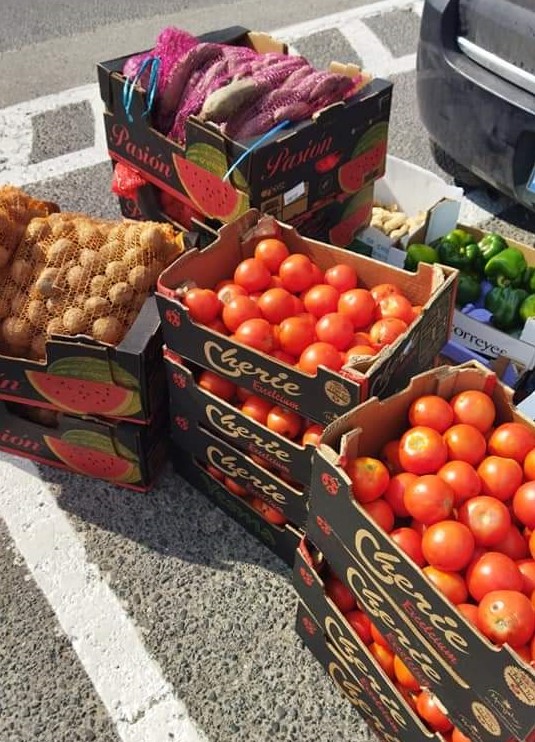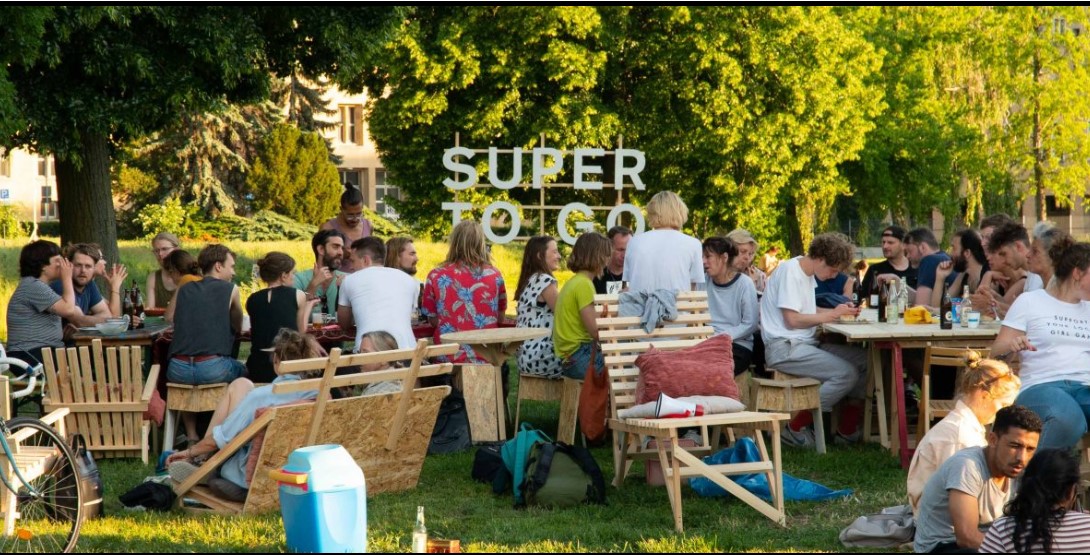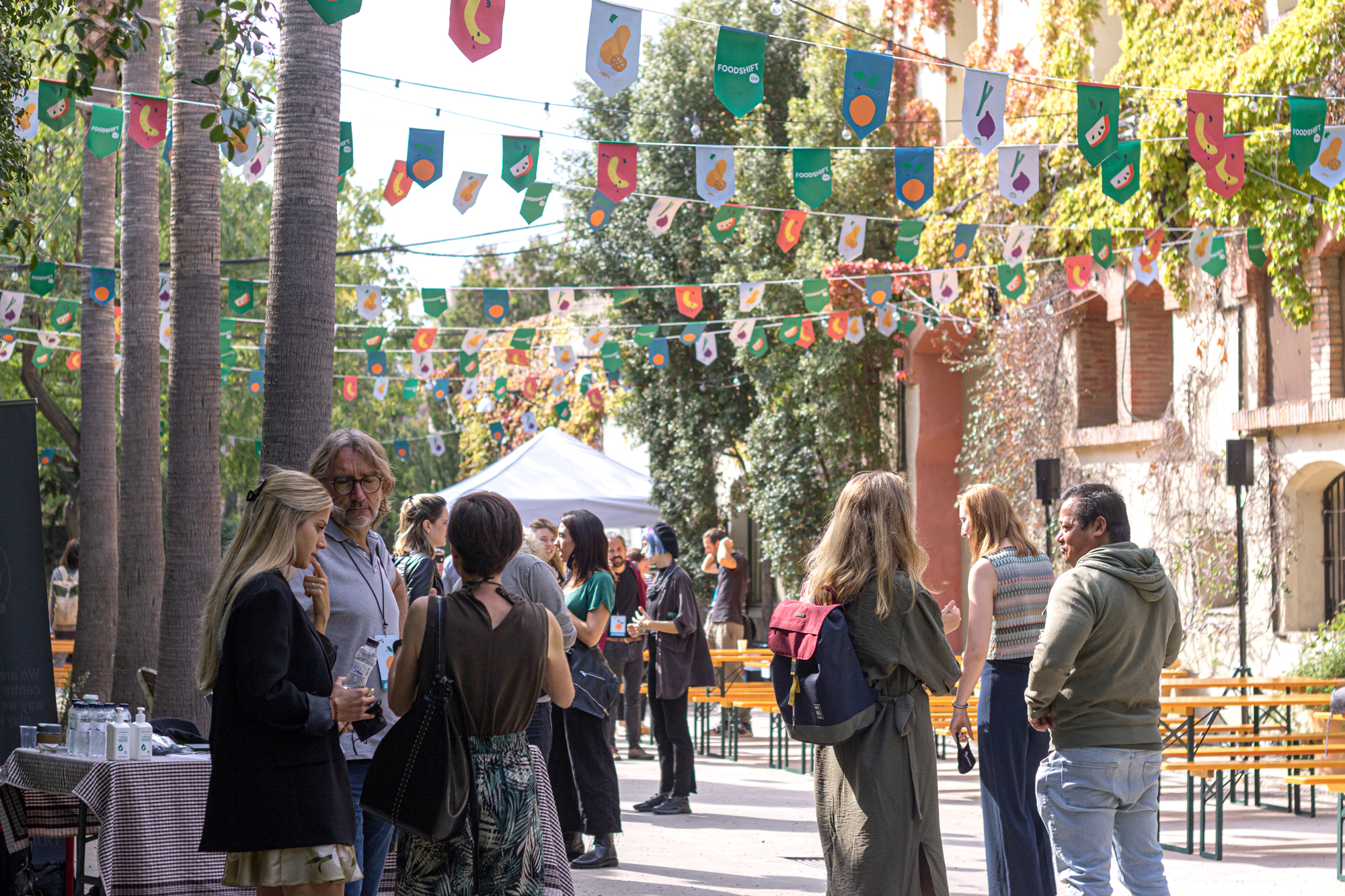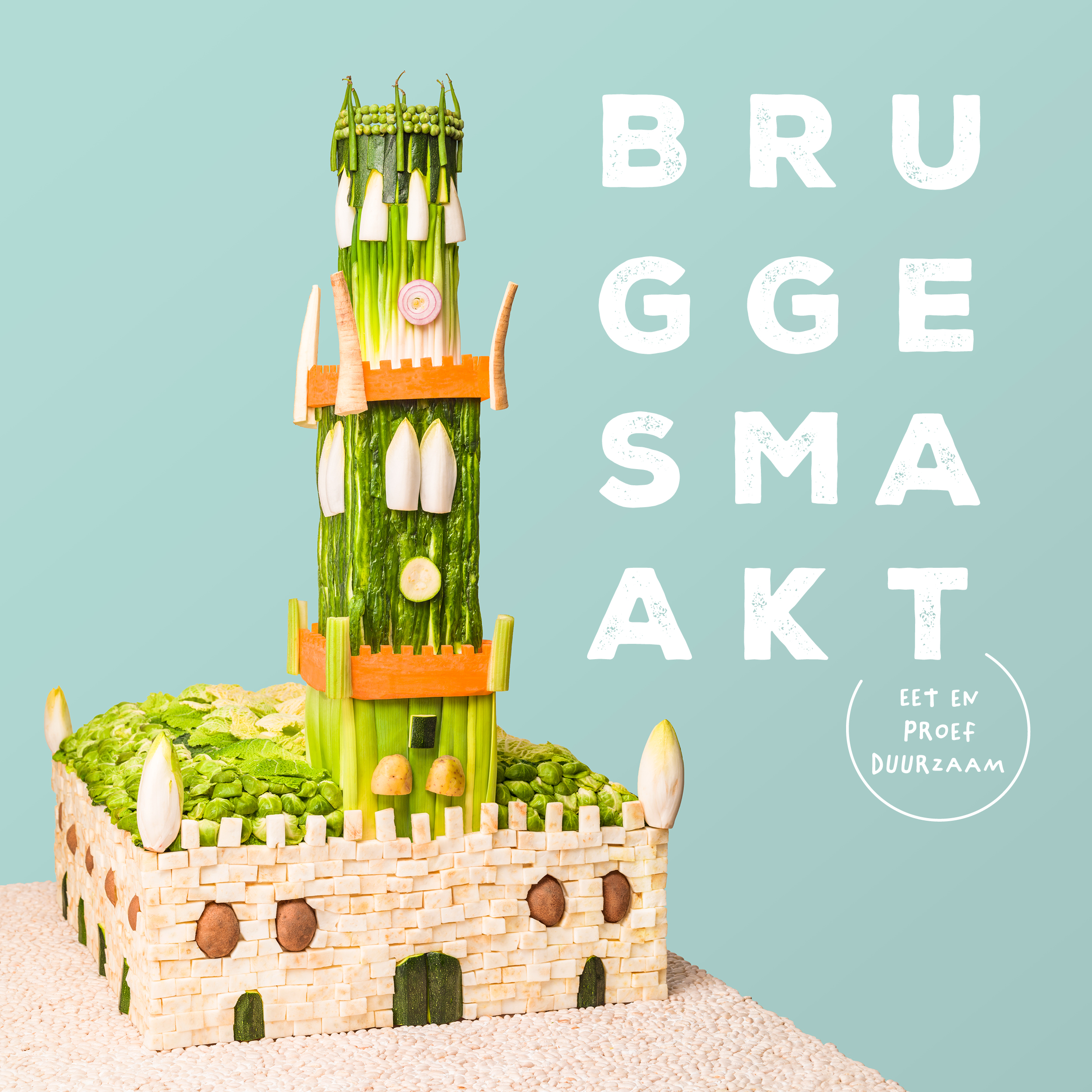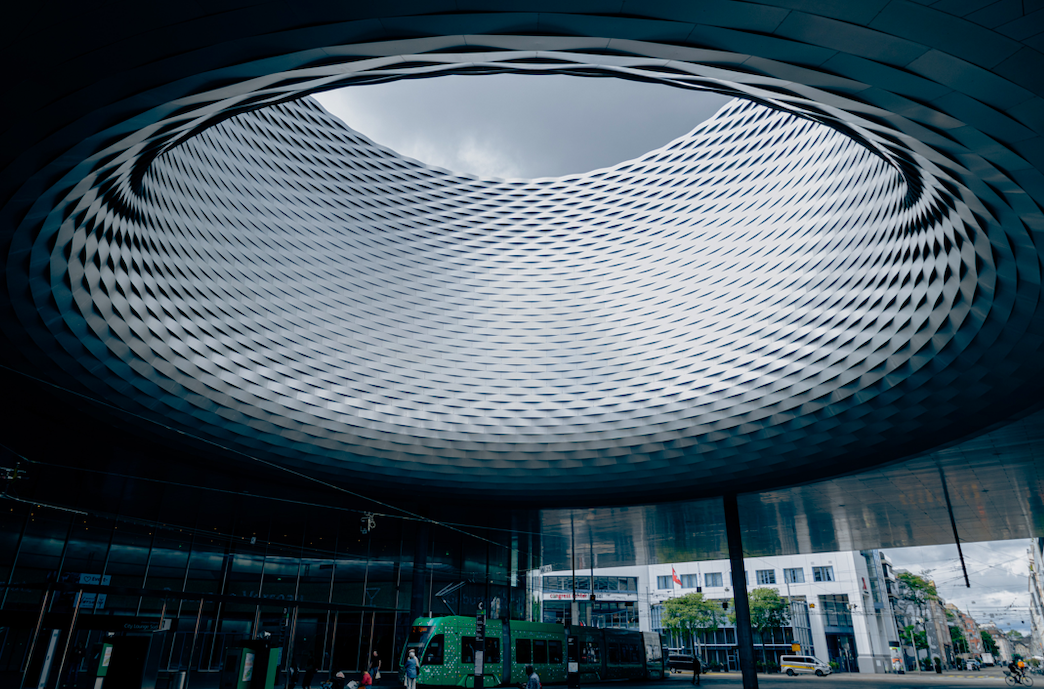Short Distance Bazaar
23 August 2022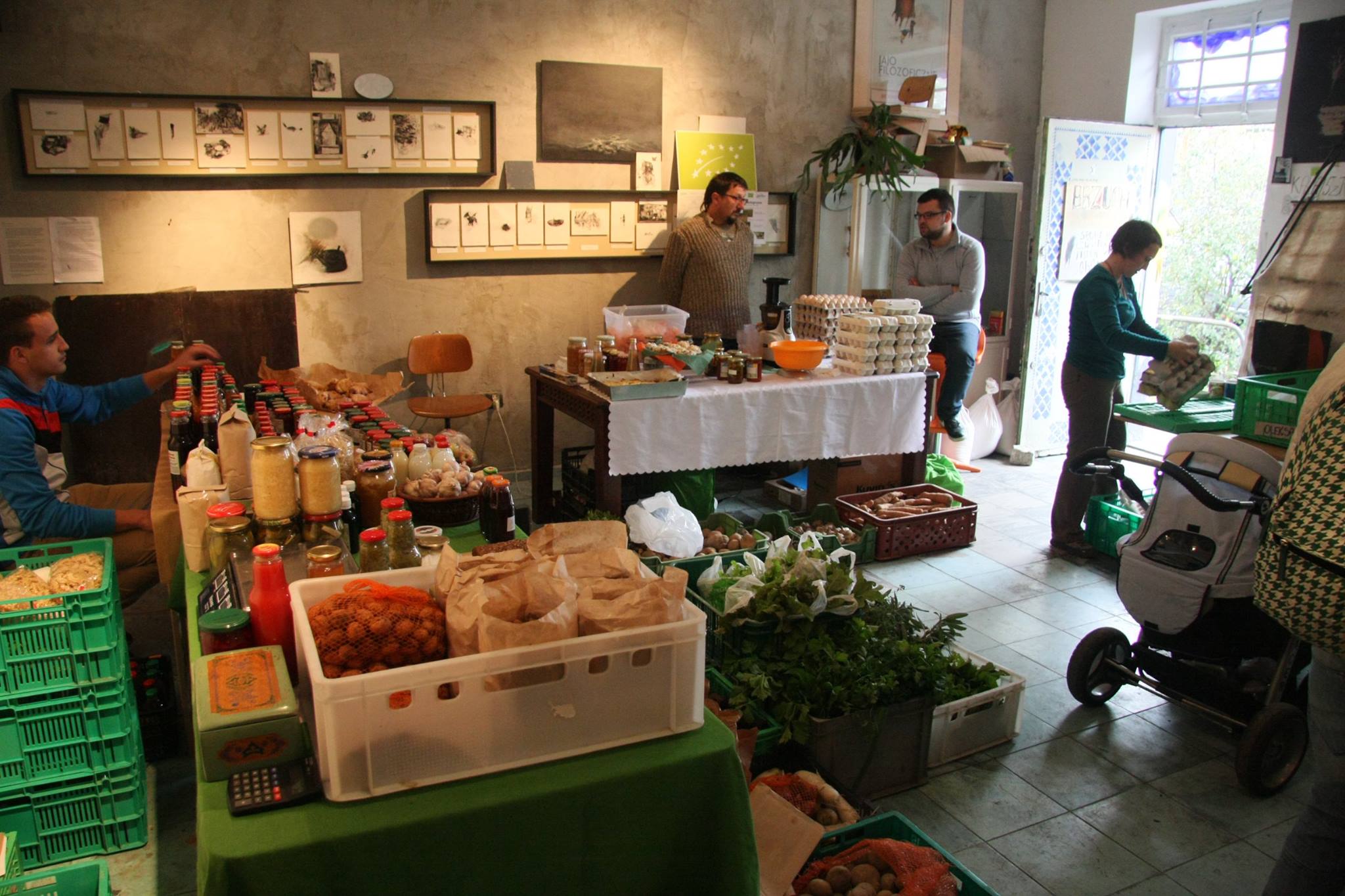
Short Distance Bazaar
Wroclaw, Poland
THE INNOVATION:
The Bazaar is a grassroots initiative of local farmers and consumers in Wroclaw creating the Short Distance Bazaar. It was established in
2009 as a consequence of the need to have access to good quality, local food on a weekly basis. The introduction of Saturday markets satisfied the need of eaters from Wroclaw, while for farmers it gave more time and relieved them from frequent trips and organizing logistics of individual customer deliveries. Throughout these years, the Bazaar has been accompanied by events raising awareness of the way food is produced, and of the traditions associated with the old varieties of plants sold at the Bazaar (cereals/fruits). A close-knit community has formed, also between buyers and suppliers.
LOOKING AHEAD:
The Bazaar is now in the process of finding a new location for the market to be held, as well as to provide space for cultural activities such as workshops, exhibitions and meetings for exchange of energy and thoughts. This step will allow The Bazaar to mature and offer more diverse value than just the market alone.
More Information:
Website: www.facebook.com/krotkadrogabazar
Contact Person: Mariusz Sibila
Email: [email protected]
Info about the Innovators and the Innovation portraits Catalogue
FoodSHIFT 2030 aims to launch an ambitious citizen-driven transition of the European food system towards a low carbon circular future, including a shift to less meat and more plant based diets. This transition is necessary in order to address the pressing challenges for food and nutrition security, contribute to the EU commitment of reducing GHG emissions by at least 40% by 2030, and revitalize urban-rural linkages and partnerships.
To do so, it establishes FoodSHIFT Accelerator Labs for maturing, combining, upscaling and multiplying existing food system innovations across nine front-runner city-regions. In turn these innovations contribute to the FoodSHIFT vision.
An Innovation Catalogue called “Innovation Portraits” was created to snapshot each of the Food Innovations connected with each of the FoodSHIFT Accelerator Labs (FALs) across the 9 city regions.
Info about the Innovation Portraits Catalogue
The Innovation Catalogue will snapshot each of the Food Innovations connected with each of the FoodSHIFT Accelerator Labs (FALs) across the 9 city regions. Each FAL has a dedicated innovation focus and each chapter will present innovation cases from a particular FAL. For each of the innovations presented, a snapshot of the innovation concept and purpose will be given, alongside the key impacts the innovation has in relation to the FoodSHIFT Impact Pathways and the acceleration ambitions of the innovation.
In addition, each innovation portrait is also categorized according to its Innovation Dimension. These dimensions indicate what kind of innovation is being presented, and where in the value chain it plays a role. This is indicated by these tabs. The dimensions are defined as follows:
Product – Innovations in this category address new or updated products, including quality, safety and market impact.
Process – These innovations are relevant to new technologies for processing, logistical improvements, infrastructure and new/improved services.
Social – Innovations in this category are relevant to changes in behaviour (e.g. consumers/citizens), development of new relationships and inclusiveness.
Governance – The innovations address policy developments, including food planning, subsidies, taxing, certificates & labelling.
Learn more about all the Innovation portraits: https://foodshift2030.eu/meet-the-people-changing-your-food-system/
